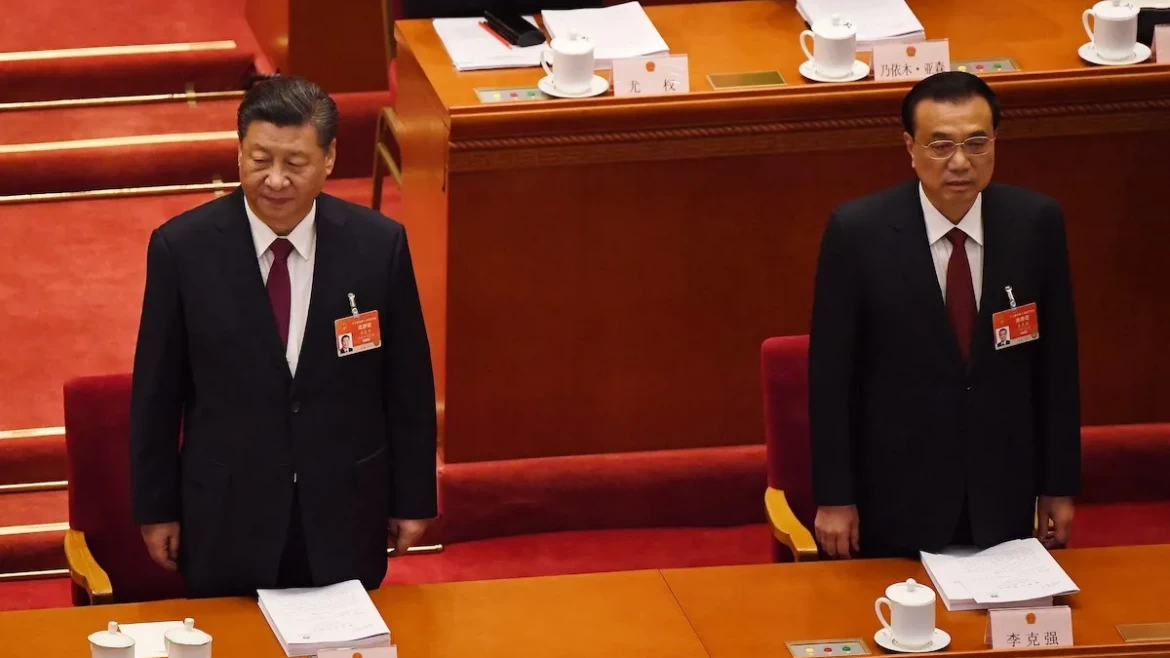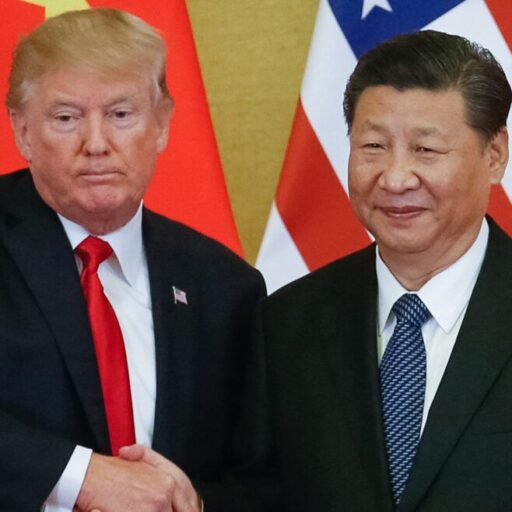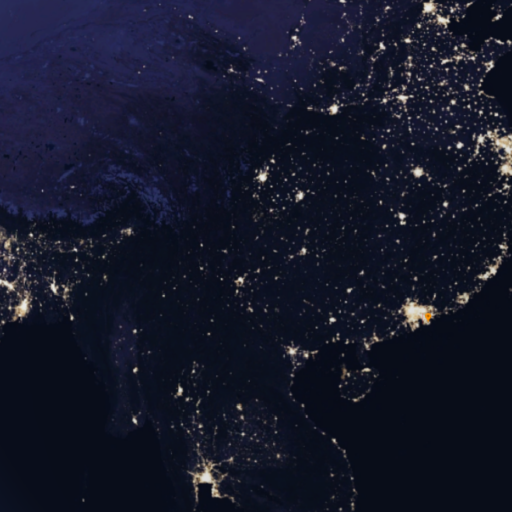Is the Communist Party of China (CPC) witnessing a power shift? It is well known that President Xi Jinping exerts significant control on the governance and political frameworks. However, in the recent past, reports in the international media suggest a growing rift between Xi and Premier Li Keqiang, contributing to a policy dissonance.
The reports note that the Chinese official media are giving more space to the premier, and there is growing speculation that Li is taking control of economic policy.
For instance, at a mega-national teleconference with more than 100,000 participants, Li called on local authorities to “earnestly implement policies to stabilize the economy and support market entities, employment and people’s livelihoods.”
The 20th National Congress of the CPC will be held later this year, and it may herald leadership changes. Therefore, Li Keqiang’s recent moves are getting more attention from domestic and international observers.
While there is no hard rule, the Chinese premier is generally in charge of economic policy. However, President Xi has sidelined Premier Li.
For instance, in 2013, Xi “headed the Leading Group on Comprehensively Deepening Reform.” Similarly, in 2020, Li was not present at a symposium to discuss China’s 14th Five Year Plan, and Xi steered the conversations.
As a consequence of getting marginalized, the premier was never in a position to implement his economic philosophy fully, which is based on three pillars: “ending fiscal stimulus, deleveraging, and structural reforms.”
However, the dual challenges of resurgent outbreaks of Covid-19 and subsequent economic challenges have given space for Li Keqiang to regain control of economic policymaking.
Li has a short window in which to restore confidence in the economy, as he will retire this year after completing two full five-year terms as premier.
According to usual practices, Xi Jinping should also step down during the 20th Party Congress and hand over the baton to a successor. However, a constitutional amendment in 2018 eliminated term limits, opening the possibility for Xi to remain as president for additional terms. At the moment, there is no designated political heir or a visible challenger to Xi.










